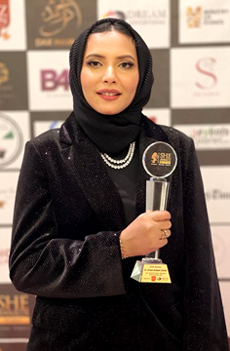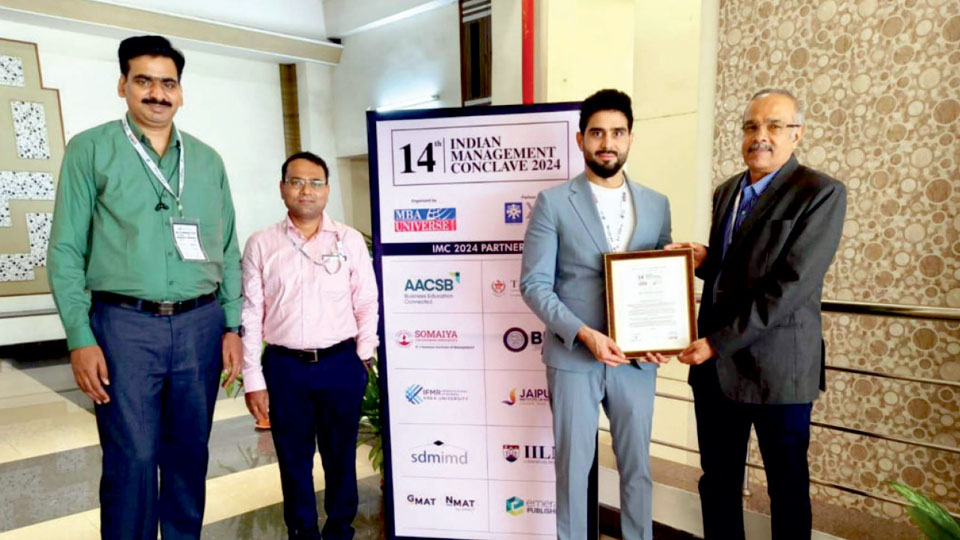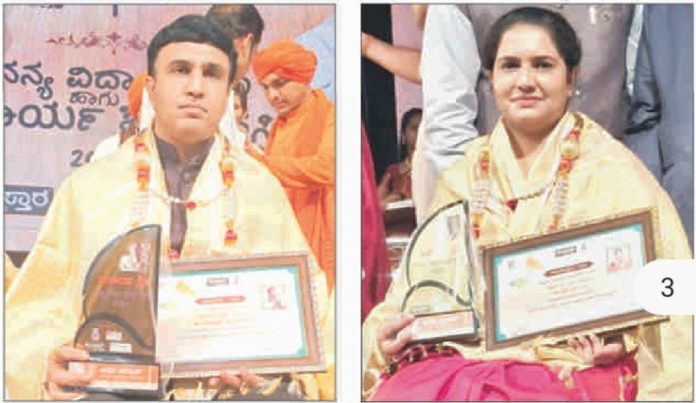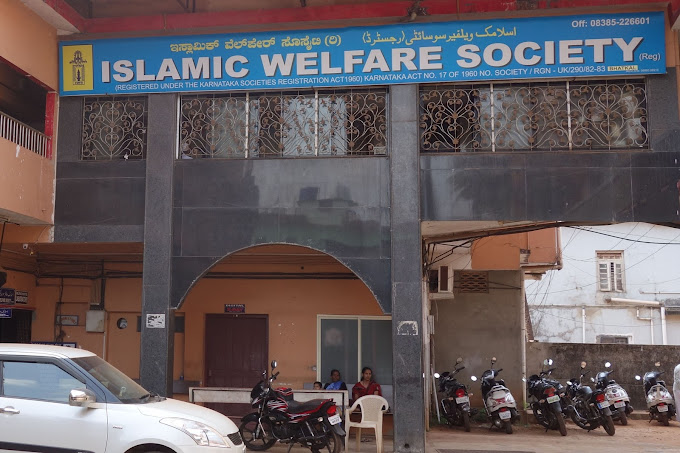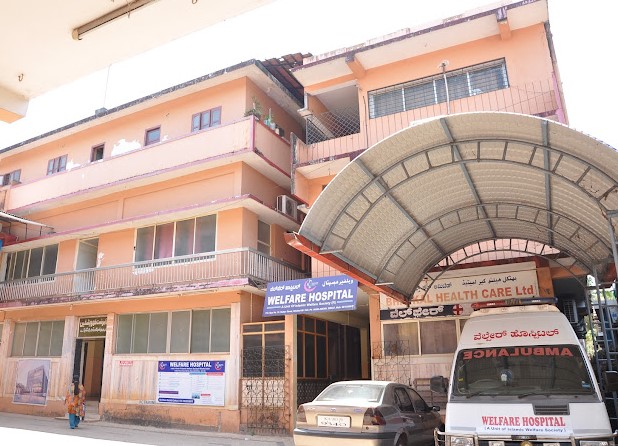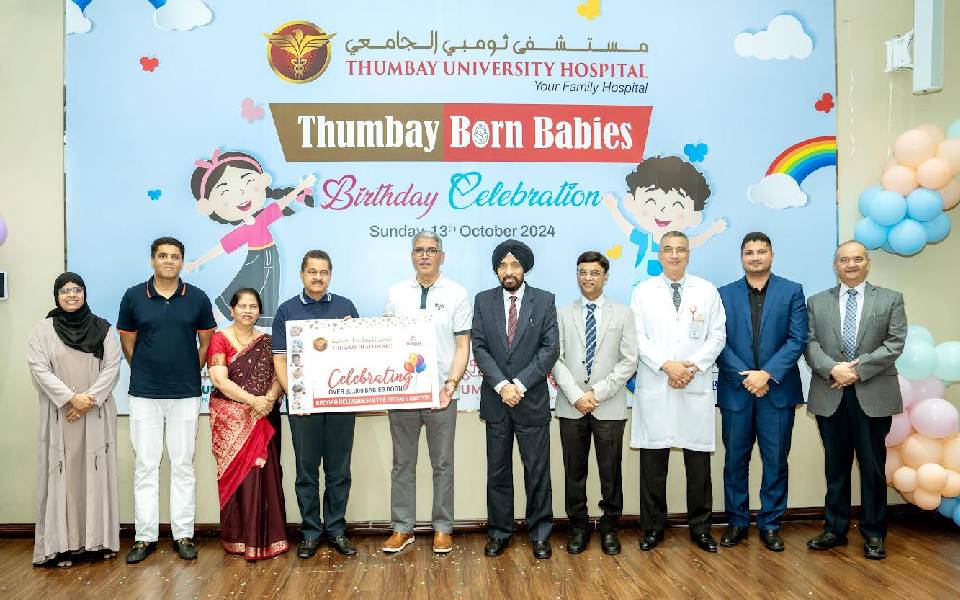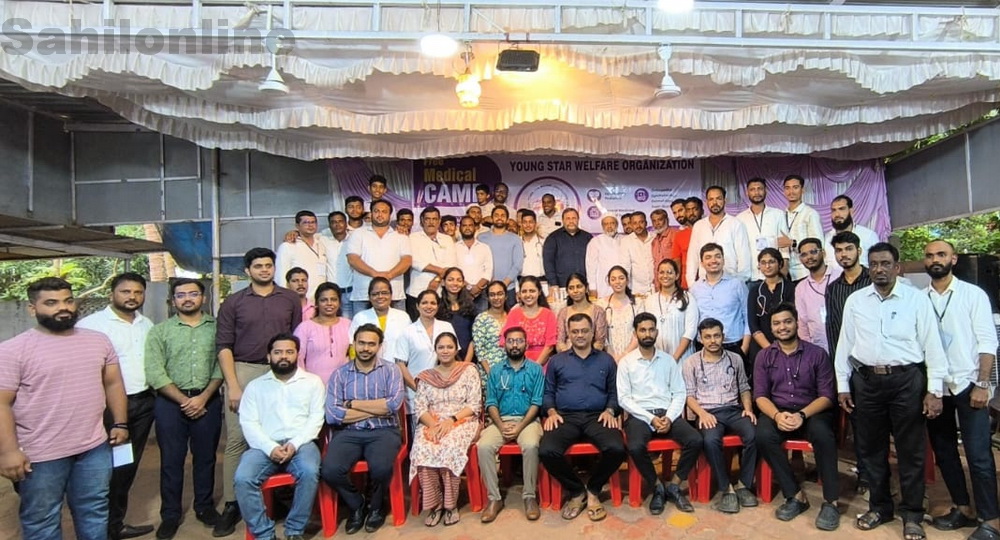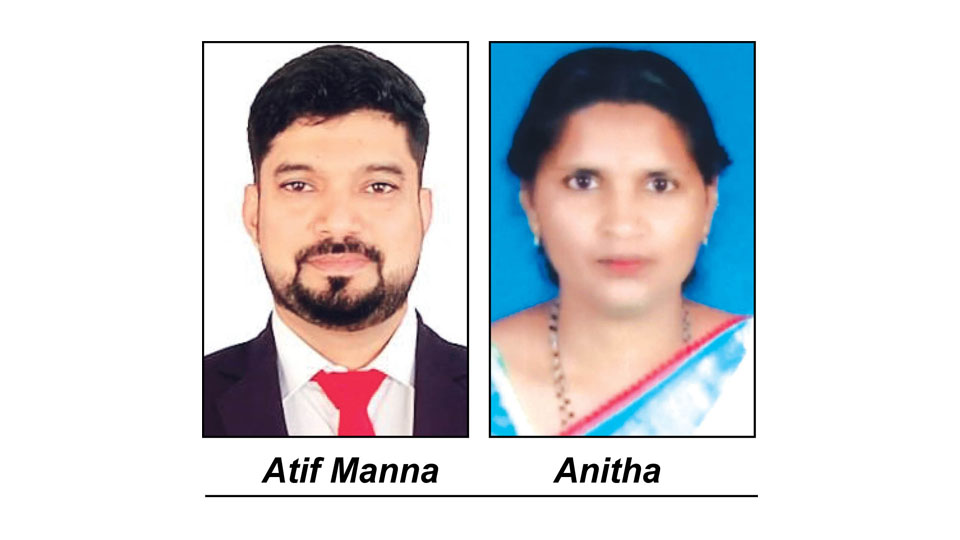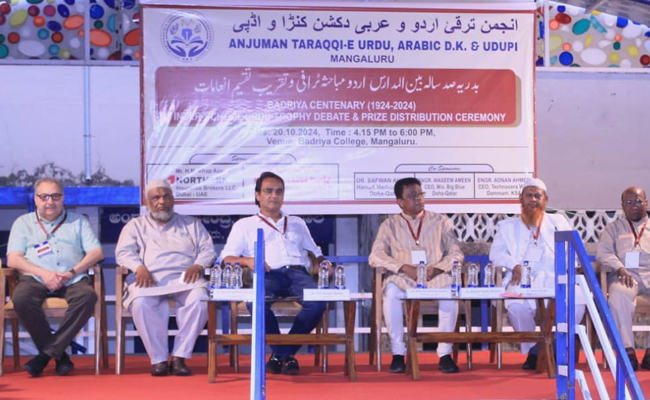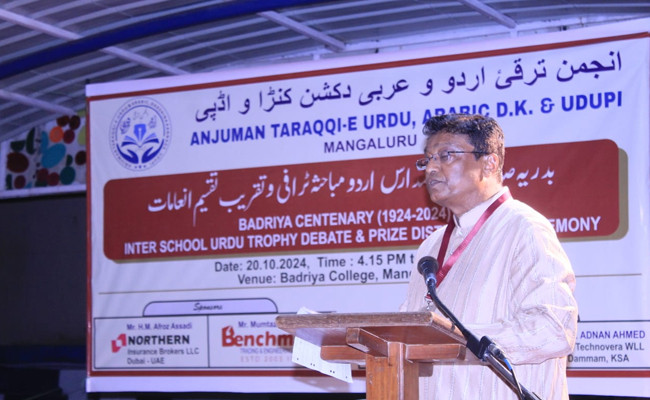Bhatkal, KARNATAKA / Dubai, U.A.E :

Dubai:
In an effort to unite Bhatkallis residing in Dubai and other parts of the United Arab Emirates, the “AUZ Blast Edition 2” cricket tournament is set to commence in Dubai on October 26, 2024. The tournament is being organized by the Dubai-based Bhatkal companies, AUZ real estate and Nuha General Trading.
Providing details to the media, Ismail Mohtisham, the media coordinator of the organizing committee, explained that the purpose of the tournament is to bring together young cricket enthusiasts and players who are working in different parts of Dubai and the UAE, and to provide them with a platform to showcase their talent and take their skills to new heights.
The spectacular cricket event will not only serve as a source of entertainment for the cricket fans of Coastal Karnataka living in the UAE but will also offer young players from Bhatkal and surrounding areas an opportunity to demonstrate their abilities on a prominent stage.
The auction for the players will be held on October 6, with the first match scheduled for October 26.
Mohtisham further shared that eight teams will participate in the tournament, with a total of 220 players registering their interest. Each team will consist of 16 players, including three guest players.
The winning team will be awarded a trophy along with a cash prize of AED 10,999, while the runner-up team will receive a trophy and AED 6,999. Individual performances will also be recognized, with a Man of the Match award for each game and the prestigious Man of the Tournament award for the best overall performance.
“The tournament format will feature eight teams divided into two groups, with each team playing three league matches,” Mohtisham added. “The top four teams will qualify for the playoffs, promising plenty of excitement and competition.”
In addition to the thrilling cricket matches, fans can look forward to an exciting atmosphere with snacks and gift hampers on offer, ensuring a memorable experience for everyone attending the AUZ Blast Edition 2.
All matches will be held at Al Batayah Stadium in Sharjah.
It is important to note that Sundays are official holidays in Dubai and the UAE, while most companies have half-day holidays on Saturdays.
According to the schedule, the tournament will kick off on the evening of Saturday, October 26, with the opening ceremony, followed by the first match at 9:30 PM. On Sunday, October 27, the first match will be played at 10:00 AM, the second at 2:00 PM, and the third at 5:30 PM. For the next two weeks, on November 3 and November 10, four matches will be held on Sundays. On Saturday, November 16, two matches will take place, and on Sunday, November 17, the second semi-final and the final match will be played.
source: http://www.sahilonline.com / Sahil Online / Home> Gulf News / by IG Bhatkal / S O News Service / October 04th, 2024
